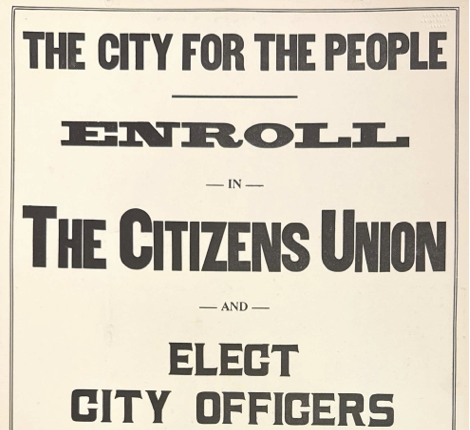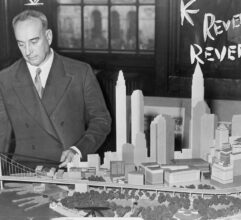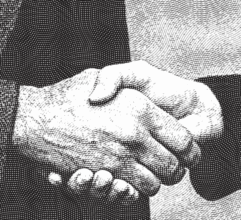Our Reform Agenda
- Establish an independent ethics agency, with ethics commissioners chosen solely by persons not subject to the agency’s oversight (including judges), and oversight powers over the executive and the legislature
- Implement policies that would improve independence, enforcement, transparency, and training at the state’s Commission on Ethics and Lobbying in Government (COELIG)
- Make COELIG’s due process hearings (after a finding of credible evidence of a violation) public, with discretion in some cases
- For organizations that spend $5,000 to $10,000 on lobbying in a year, reduce reporting requirements from every 2 months to every 6 months
- Expand the state’s Ethics Code by including a duty to report known misconduct and not engage in sexual or other discriminatory harassment, linking the code with the NYS Human Rights Law
- Allow COIB to correct public mischaracterizations of ethics guidance
- Make the budget of the Conflicts of Interest Board (COIB) independent and increase Its size
- Restrict lobbying of elected officials by people who served on their former campaigns for office or firms who provided campaign services
- Require lobbyists to report their contributions and fundraising activity
- Require campaigns to disclose a contributor's employer in campaign finance reports
- Require lobbyists to specify support or opposition of governmental action in lobbying reports
- Include among reportable matters lobbying regarding nomination or confirmation of a nominee that requires Senate confirmation
- Make political parties explicitly subject to the Lobbying Law
- Restrict donation bundling by lobbyists and other fundraising intermediates
- Make financial disclosures digital and public, and expand filers to include economic development entities
- Restrict contributions from those who do business with the state, and create a Doing Business Database to track entities involved in economic agreements with the state
- Empower the Attorney General to independently initiate investigations and prosecute cases involving public corruption
- Eliminate state legislators’ stipends
- Forbid public servants to work on matters relating to former interest
- Establish an independent ethics agency, with ethics commissioners chosen solely by persons not subject to the agency’s oversight (including judges), and oversight powers over the executive and the legislature
- Implement policies that would improve independence, enforcement, transparency, and training at the state’s Commission on Ethics and Lobbying in Government (COELIG)
- Make COELIG’s due process hearings (after a finding of credible evidence of a violation) public, with discretion in some cases
- For organizations that spend $5,000 to $10,000 on lobbying in a year, reduce reporting requirements from every 2 months to every 6 months
- Expand the state’s Ethics Code by including a duty to report known misconduct and not engage in sexual or other discriminatory harassment, linking the code with the NYS Human Rights Law
- Allow COIB to correct public mischaracterizations of ethics guidance
- Make the budget of the Conflicts of Interest Board (COIB) independent and increase Its size
- Restrict lobbying of elected officials by people who served on their former campaigns for office or firms who provided campaign services
- Require lobbyists to report their contributions and fundraising activity
- Require campaigns to disclose a contributor's employer in campaign finance reports
- Require lobbyists to specify support or opposition of governmental action in lobbying reports
- Include among reportable matters lobbying regarding nomination or confirmation of a nominee that requires Senate confirmation
- Make political parties explicitly subject to the Lobbying Law
- Restrict donation bundling by lobbyists and other fundraising intermediates
- Make financial disclosures digital and public, and expand filers to include economic development entities
- Restrict contributions from those who do business with the state, and create a Doing Business Database to track entities involved in economic agreements with the state
- Empower the Attorney General to independently initiate investigations and prosecute cases involving public corruption
- Eliminate state legislators’ stipends
- Forbid public servants to work on matters relating to former interest
Highlights:
From the Archives:

1897
Citizens Union is founded as a nonpartisan political party to defeat the Tammany Hall machine

1959
CU leads effort that results in Robert Moses' resignation from city posts.

2007
CU wins pay-to-play reform in NYC’s campaign finance system.
